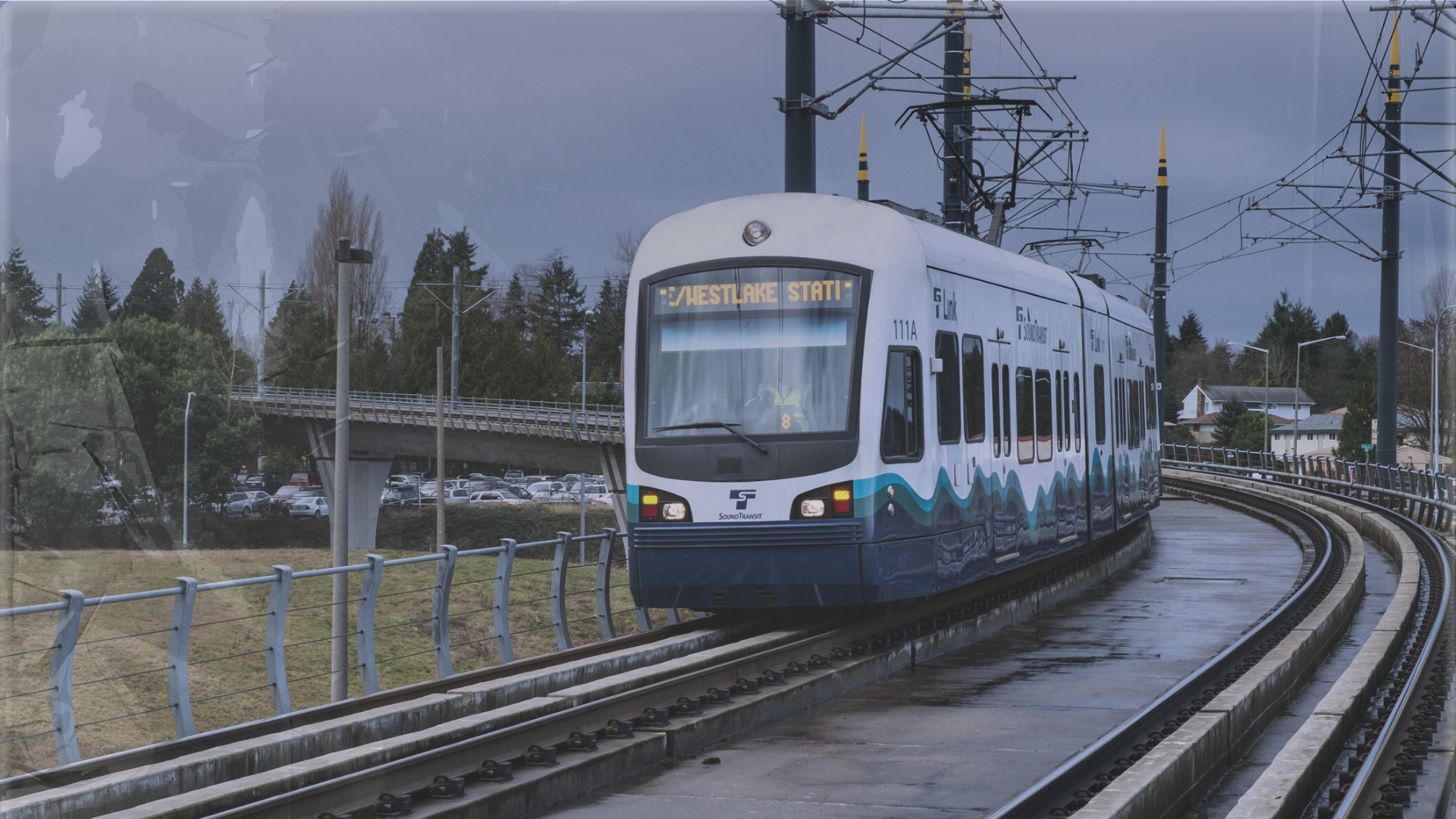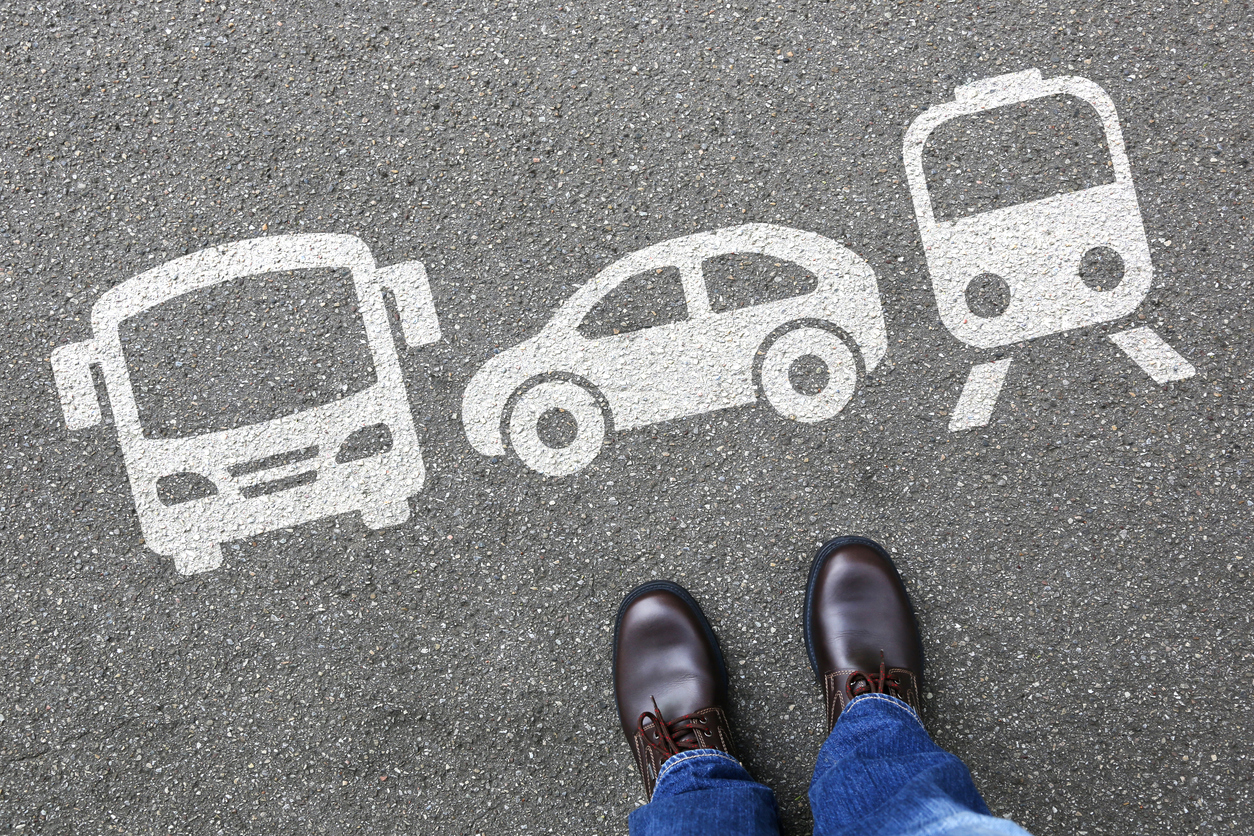Earlier this week, House Bill 2201 passed out of the state House of Representatives with a 60-37 vote and was referred to the Senate. The bill could give a small amount of relief to people in the Sound Transit taxing district who are being severely overcharged on car tab renewals.
In response to any legislative proposals that provide car tab tax relief to the public, including House Bill 2201, Sound Transit officials say, “Any reduction of [car tab] revenues should be accompanied by offsetting measures to ensure that our transit expansion program remains whole.”
Some lawmakers are echoing Sound Transit officials’ desire to be “paid back” money that was never the agency’s to begin with.
One lawmaker suggests a “capital gains tax, new real estate excise taxes, or other progressive taxes to replace the lost money for Sound Transit.”
Another lawmaker suggests “giving the agency more favorable terms when it needs to lease state land for rail-line rights of way, legislation to streamline permitting, or even looking at a $500 million fund through which Sound Transit contributes to education funding.”
Rewarding Sound Transit for overcharging taxpayers, rather than holding the agency accountable to stop dishonest taxing practices, is poor public policy and erodes public trust.
For example, giving Sound Transit “more favorable terms” to lease state land for rail-line rights of way for far less than its real value, diminishes trust in public officials and the way they manage taxpayer dollars. When taxpayers pay full price for land intended for roads, as they did with Interstate 90, this land should not be given away by the Washington State Department of Transportation (WSDOT) to a transit agency for a small percentage of what the public paid. Yet this is the agreement that WSDOT has had with Sound Transit since 2015. This is an indirect diversion of fuel tax dollars for non-highway purposes.
It is equally erosive to take $500 million in public money from an account designated for education and use it to fund transit. This money would come from the Puget Sound Taxpayer Accountability Account, which was created in 2015 to fund:
“…educational services to improve educational outcomes in early learning, K-12, and higher education including, but not limited to, for youths that are low-income, homeless, or in foster care, or other vulnerable populations.”
Although funds go to counties in the Sound Transit taxing district, King County receives more than half of the money. Taking public money designated for vulnerable students and giving it to Sound Transit would be an inappropriate and dishonest use of taxpayer money. This is especially true as we often hear lawmakers say that budgets should not be balanced on the backs of our most vulnerable citizens.
In general, the idea that Sound Transit should be paid back with more taxpayer dollars for any tax relief lawmakers provide is almost too ironic to bear. It is akin to Sound Transit officials saying, “Fine, here’s your $100 that we snuck out of your right pocket, but now we need the money in your left pocket.” Finding new ways to take more money from people is not relief.
This government logic is especially insulting to families in the Puget Sound who are struggling to put food on the table, and now have to make the choice between paying rent or renewing their car tabs. If Sound Transit officials want to restore the public trust they have lost, they should return the tax overcharges and be better stewards of the billions they already have.






